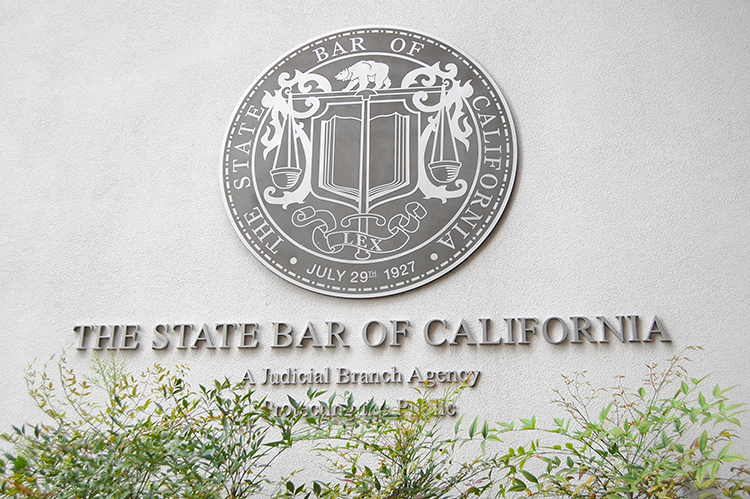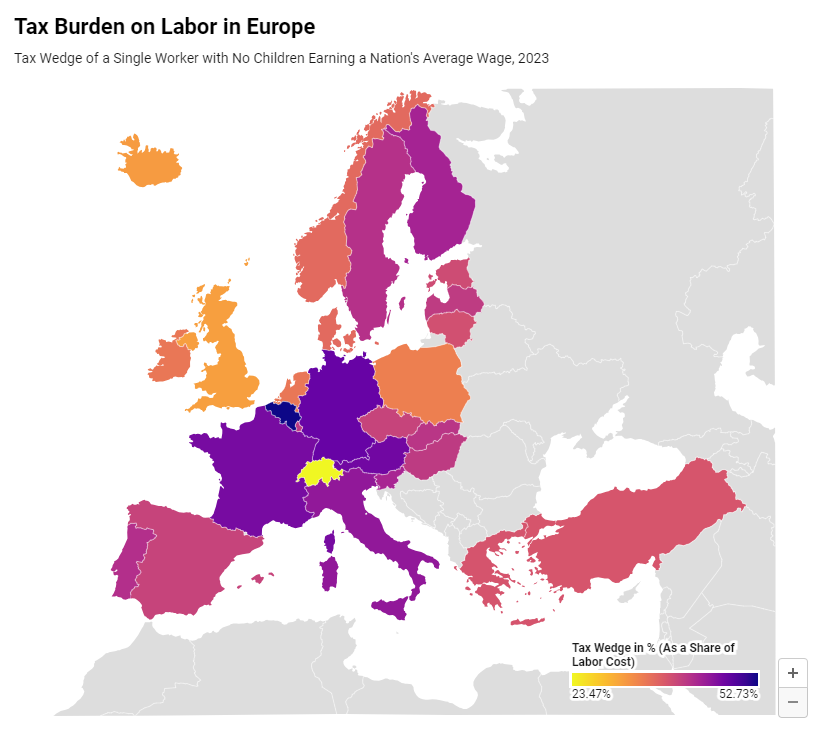Creating An Estate Plan for a Single Person With No Dependents
04 Jun Estate Planning for Singles with No Family
Posted at 16:48h
in Estate Planning
Even if you don’t have close blood relatives, a spouse, or dependents, it’s still important to write a will and create an estate plan. You deserve the right to decide what happens to your assets after you pass. Without making your wishes known, your estate will pass through probate, and the court will decide what happens to your assets. Let’s explore how you can create an estate plan if you’re a single with no dependents.
Why Should I Write a Will If I Have No Family?
If you die without a will, the court will distribute your assets according to the laws of intestate succession. Your assets will automatically go to your next of kin, and you will have no control over who inherits your estate.
Having a say in what happens to their belongings, capital, and valuables is important to most of our clients. Some of them have even said that making sure the wealth they leave behind doesn’t end up in the wrong hands is reason enough to create an estate plan. If you have no children, consider naming a charity, club, organization, or even the city you love as your beneficiary.
In your will, you will also appoint an executor for your estate—this is the person you wish to carry out the details of distributing your assets. If your estate is subject to probate, then the executor you named must file a petition for probate. If you do not name an executor, the court will name an administrator for your estate.
Is My Estate Subject to Probate? How Do I Avoid it?
The number of assets that are subject to probate may surprise you. It’s not only your bank accounts and your home—any real estate property valued over $100,000, cars, boats and other titled vehicles, personal possessions like artwork, musical instruments, stocks, bonds, insurance policies, and many other assets are all subject to probate. However you can avoid probate if you prepare in advance.
The best way to avoid probate is to set up a revocable living trust. A trust is an essential estate planning tool. In essence, it is a legal document that allows you to transfer your assets to a designated beneficiary after you have passed away. The advantage of a living trust is that the trust itself owns the assets, which means they can stay out of probate and even avoid some taxes. However, you will still maintain control over the trust as long as you are alive.
Who Can I Leave My Estate to If I Have No Children?
It may seem stressful to think about what to do with your assets after you pass away. However, passing your wealth on to worthy hands is a wonderful gift you can give. If you have no children or close family members, here are a few ideas for alternate beneficiaries.
You can leave your estate to:
- Friends, business partners, or respected officials
- Charitable organizations or educational institutions, like your college alma mater
- Start a private foundation and fund it with your estate
Ten Steps for Estate Planning with No Dependents
Start by taking stock of all your assets, including bank accounts, investments, real estate, vehicles, valuable possessions, and any other significant belongings. Do you have a sick guitar signed by Jimi Hendrix? You’ll want to make sure it ends up in a safe place.
Even if you don’t have any heirs, a will ensures that your assets will be distributed according to your wishes.
Anyone living in Arizona is legally entitled to establish a trust. You can even create multiple trusts if you need to. An estate planning lawyer can help you understand and navigate the many different types of trusts.
- Designate Your Beneficiaries
With assets such as retirement accounts, life insurance policies, and certain types of bank accounts, you can designate beneficiaries directly. Make sure these designations are up to date and aligned with your other estate planning documents.
- Set Up a Healthcare Directive
Create an advance directive that details your wishes regarding medical treatment, just in case you ever become unable to communicate. You can also designate a medical power of attorney who can make healthcare decisions for you.
- Durable Power of Attorney
Appoint a trusted individual to act as your durable power of attorney. This person will make financial and legal decisions on your behalf if you ever become incapacitated.
Consider what you want to happen to your digital assets, such as social media accounts, email accounts, cryptocurrency, and digital files. You may want to designate someone to manage or close these accounts after your passing.
- Funeral and Burial Wishes
Document your preferences for your final wishes regarding funeral arrangements, burial, or cremation. You can include these instructions in your will, but since wills have to go through probate, it’s better to attach them as a separate document and give a copy to the executor of your estate..
An estate planning attorney can provide guidance tailored to your specific situation and help ensure your estate plan is legally valid and that you didn’t leave anything out.
- Consider Charitable Giving
If you have no heirs or family members that you wish to leave your assets to, consider leaving a legacy through charitable giving by including charitable organizations in your estate plan.
You’ll also need to review and update your plan from time to time. Life circumstances change—events like moving states or homes, switching careers, or changes to your health could be reasons to update your estate plan. It’s essential to update your plan after you go through major life changes, just make sure you do so with proper legal help.
Contact Phelps LaClair for Help with Estate Planning in Arizona
Ultimately, the decision of what to do with your wealth when you have no dependents or children is a personal one. But you’ll still want to create an estate plan that reflects your values, priorities, and goals so you can leave a legacy. Whether you choose to support friends, charitable causes, or other beneficiaries, your wealth can continue to make a positive impact long after you’re gone.
At Phelps LaClair, we have over 40 years of experience in estate planning for individuals and estates of all kinds. If you have questions about estate planning with no children or heirs, call us at 480-892-2488 today to schedule a consultation at one of our many offices throughout the Phoenix area.






